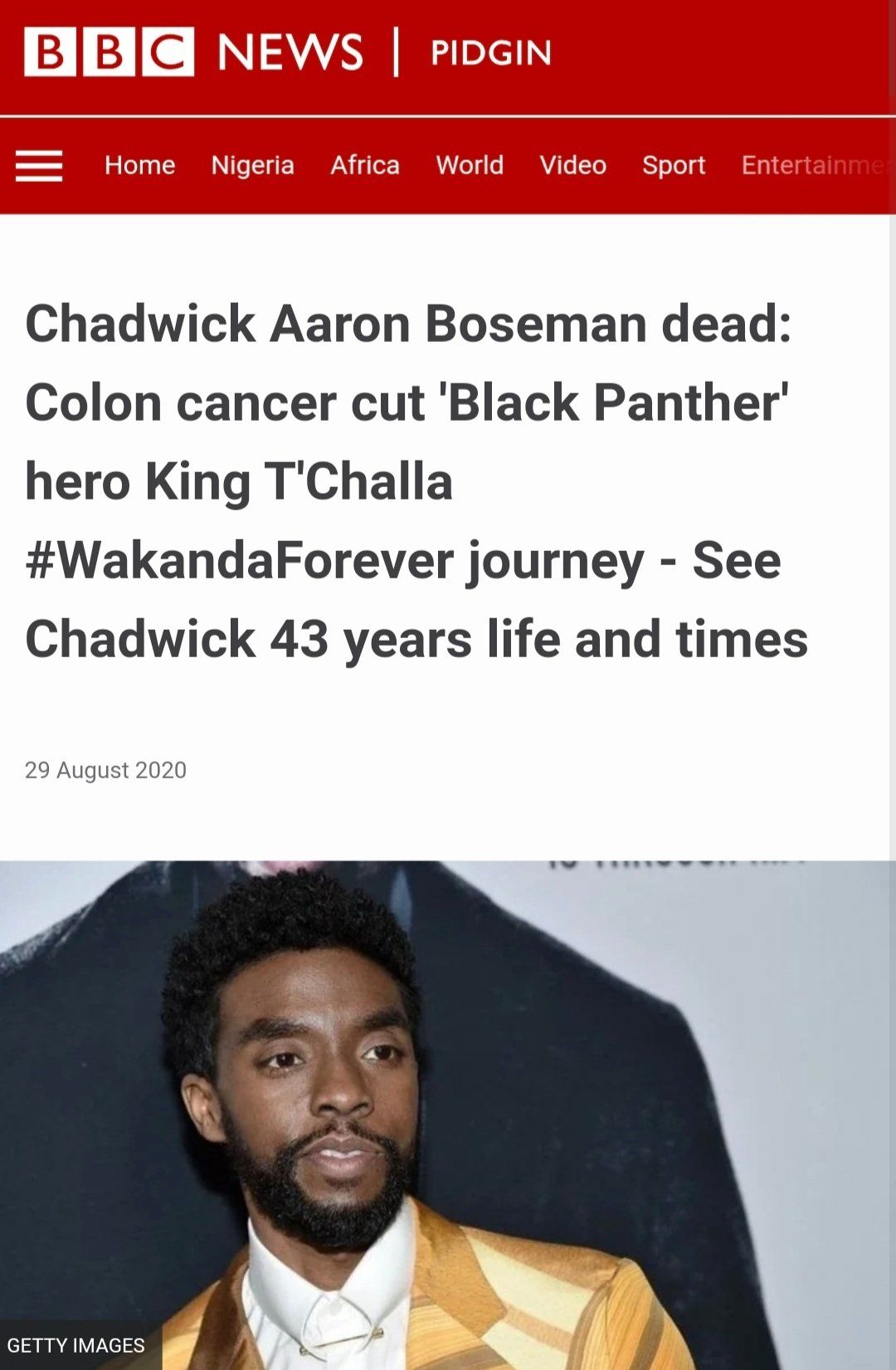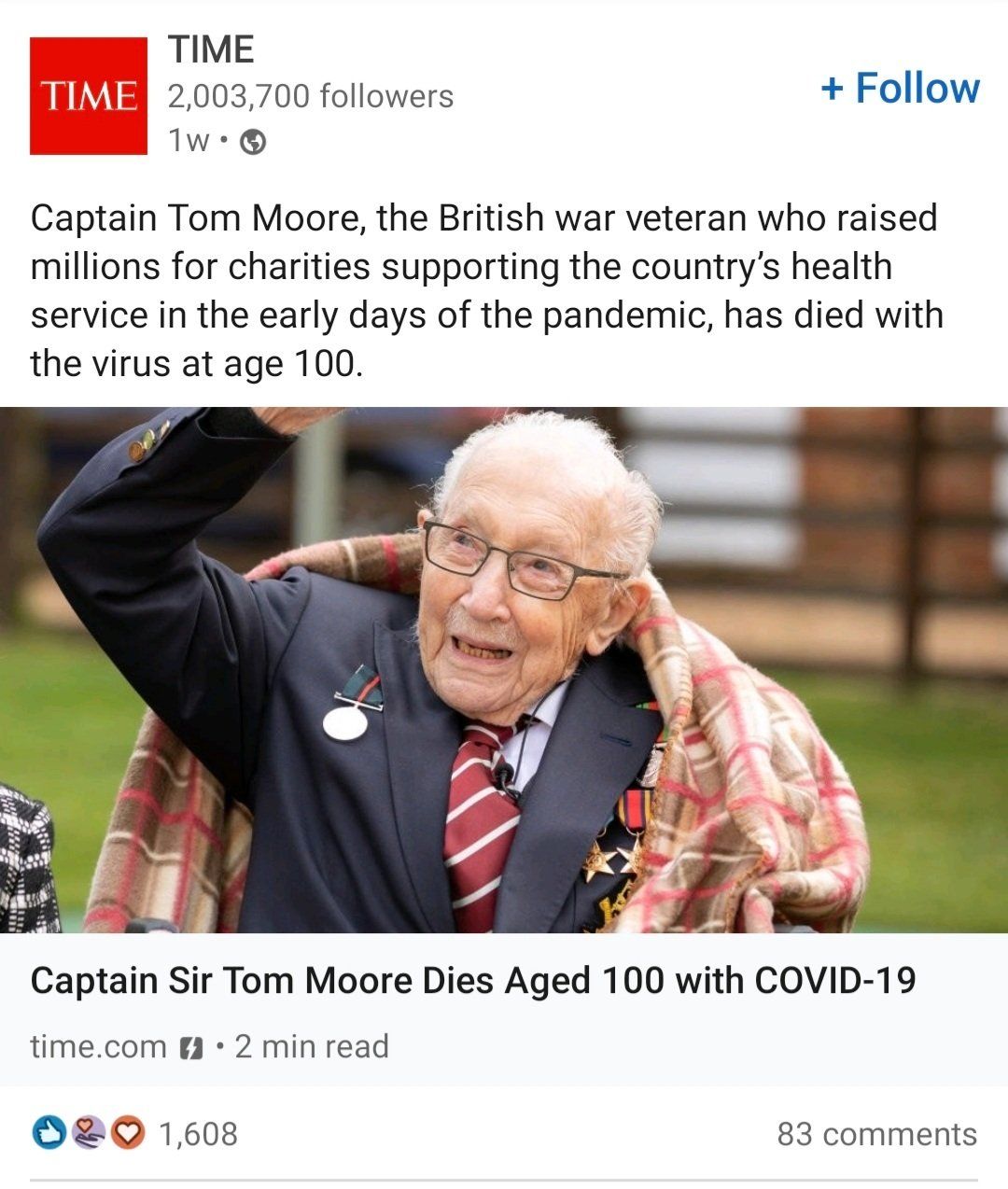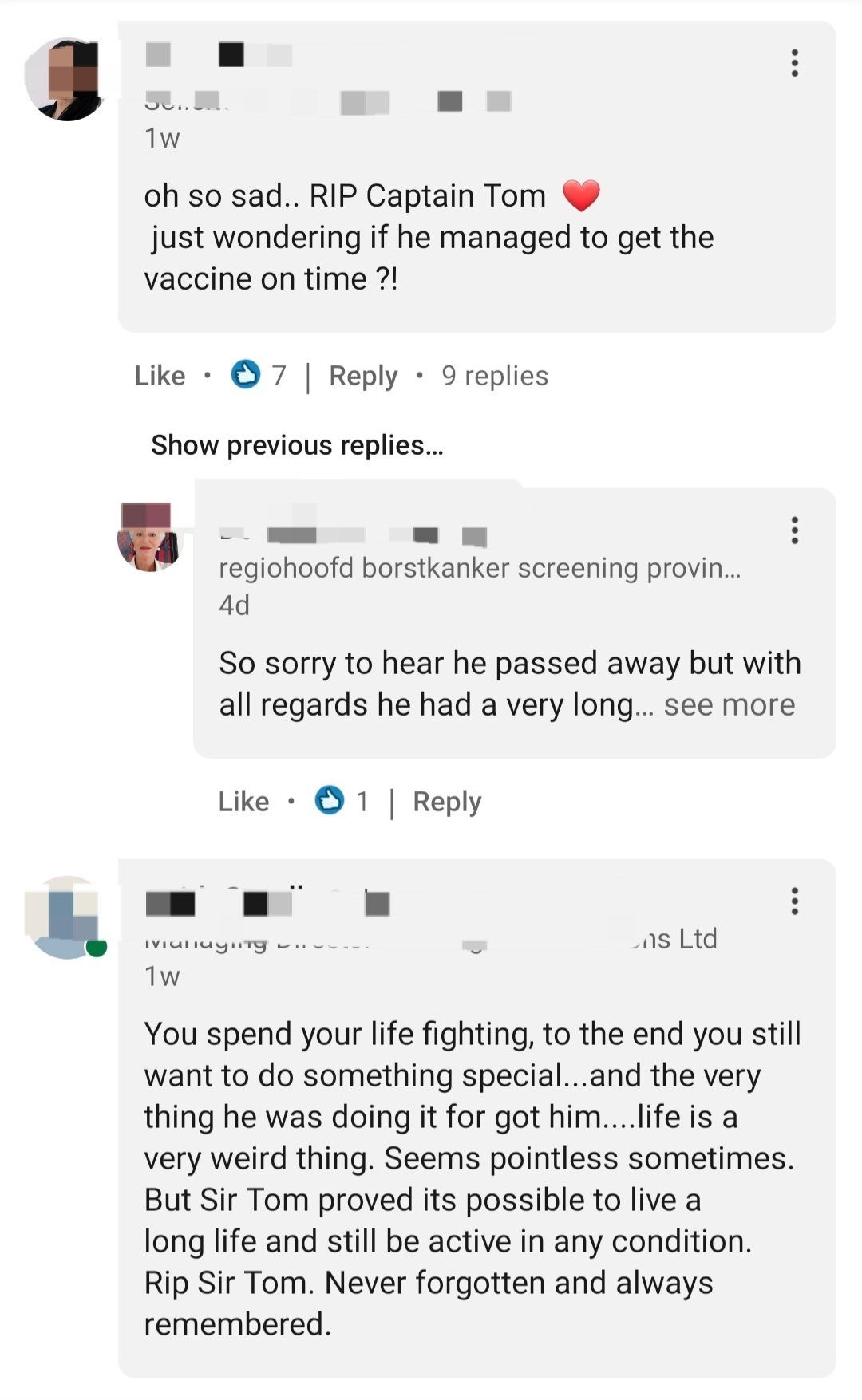Let's talk about death!
Why businesses need to be clear when communicating a death

Let's face it, death is something no one wants to talk about, but the focus on the world's death rates this past year from COVID-19 has highlighted the way death is discussed (which to be fair has never been particularly great). As I put down my 'red pen' on another blooper, I felt compelled to write this post.
The 'offending' text in question went something like this:
'We're sad to announce the death of Mr X. Our thoughts are with the family. On a brighter note ... '
Ouch!
The 'c' word - take 'care'
It's unsurprising that I've edited more public-facing copy over the past year than usual that refers to a person's death. And don't we ever fudge our words around the subject?! This is particularly the case in the corporate world (my main client base), to the point where what we are writing - despite best intentions - is actually quite disrespectful to the deceased and to those who are grieving or affected by terminal illness.
Here's an example to get you thinking:
'We are sad to report that our Chief Executive, John Smith, who had suffered with cancer for several years, lost his battle last month.'
It's very unlikely that John wanted cancer to end his life, or that he didn't want to get well, or that he didn't face each day with immense courage. Losing has negative connotations and John didn't lose a 'battle', he lost his life. It's
better to simply say, 'We are very sad to report that ourChief Executive, John
Smith, died last month following a long illness'.
Note the emphasis is now on the sad news of John's death, not that cancer was the cause at all.
Whenever cancer is mentioned, it raises questions in the reader - what cancer, how long had he had it, why did he get it, why didn't treatment work, etc? Illness really is a private matter unless the person in question or their family has consented for it to be known. The focus should always be on the person and on the grief of their family and friends.
Similarly, most people who have cancer do not want it to define who they are.
A fairly recent famous example is the actor Chadwick Boseman , who died unexpectedly in August 2020 and kept his illness secret from the media. He was an accomplished actor who continued to work while receiving treatment for cancer.
So, write 'people affected by cancer', or 'people living with cancer', never 'cancer victim' or 'sufferer', something that is frequently seen in the media to generate interest.

A time to die ...
Another commonly mis-used term is ' untimely death' . This suggests that the death occurred in someone considered too young to die. However, when you think about it, no one's death is ' timely ' and you wouldn't say ' the timely death of... ', so ' untimely ' is incorrect.
Even posts about Captain Sir Tom Moore , who died age 100 in February 2021, received countless comments from people who felt it was 'untimely' ... (Incidentally, the media around Sir Tom was also focused on the fact he had tested positive for COVID-19.)
Using ' untimely
' raises negative interest and speculation... best leave it out.


Speaking from experience
We'll never get it right all the time, and most of us will have said something unknowingly insensitive at some point. While people shouldn't be shamed for this, the corporate world should know better and have guidelines on how to communicate terminal illness and death to staff and customers.
My eldest child died age 12, so I'm unfortunately used to talking about death having experienced it on such a deeply personal level. I even wrote two books ! Give me half an hour and I'll happily talk to you about my daughter: her life and her death, but the current media narrative makes me feel that to die is shameful, a statistic, an piece of 'newsy gossip', and something that should have been prevented.
We can fall over ourselves trying to do the right thing, not realising that simply being respectfully open and honest is all that matters.
We shouldn't be afraid to talk about death, but we can try harder to choose our words and consider the impact on the deceased's family and other readers.
Copyright © 2017 Ultimate Proof Ltd. Registered in England: 07720107. All Rights Reserved.
Web Design by Cotswold Web.


